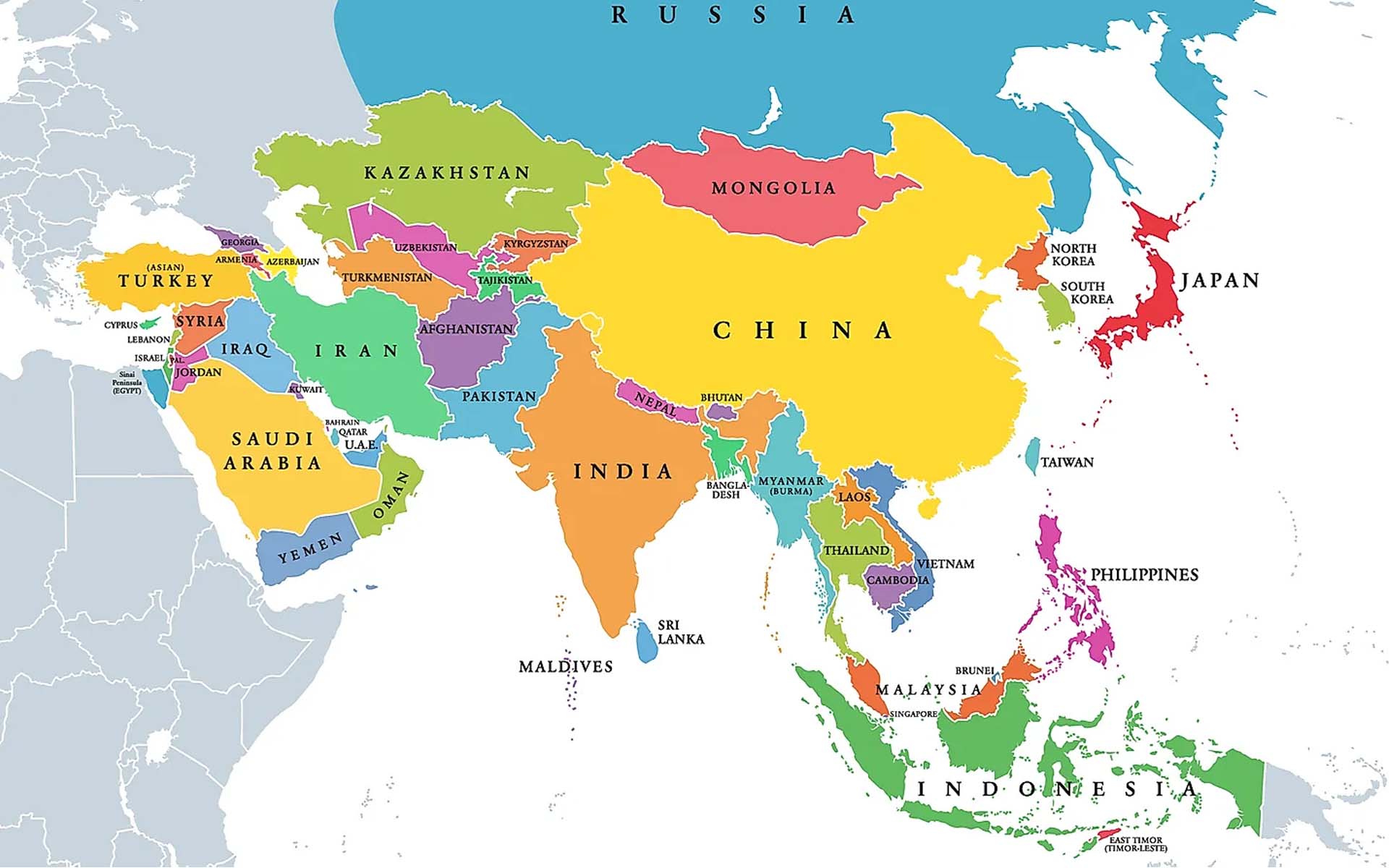

 23.63°C काठमाडौं
23.63°C काठमाडौं

This is the moment for Nepal to rethink and reshape her global development partnerships. Situated between India and China, Nepal has long relied on aid from its traditional partners – the two immediate neighbors, and the West.
However, with nearly two million Nepali migrant workers living and working in the Gulf monarchies, Nepal has viewed these nations primarily through the narrow lens of labor migration and remittances.
But times have changed. The six Gulf Cooperation Council (GCC) countries – Qatar, Saudi Arabia, the United Arab Emirates, Kuwait, Bahrain, and Oman – are no longer simply labor destinations. They have emerged as major global investors, investing wealth into developed, developing, and least developed economies. For Nepal, which receives more than 15 percent of its GDP from remittances, largely from GCC nations and Malaysia, this underscores just one aspect of a much larger opportunity.
In today’s multipolar world, the GCC states have diversified their image far beyond oil production centres. They have transformed into influential donors, global investors, and are now rising geopolitical players. Their sovereign wealth funds are among the most active in the world, driving investments in technology, infrastructure, energy, and even sports. Taking into account the Gulf’s shift from purely labor-importing nations to key global power centers, Nepal must also alter its approach towards the Gulf states and shift its strategy as they now offer opportunities beyond labor migration, including increasing foreign investments across sectors.
Nepal should broaden its engagement with GCC countries and actively pursue bilateral agreements across sectors, including tourism, hydropower, health, education, sports, culture, investment, trade, and broader development cooperation. Despite occasional regional tensions, the Gulf countries have established themselves as zones of peace, security, prosperity, and economic development. Since its formation in 1981 as a political and economic alliance, the GCC has continuously fostered regional cooperation as a means to achieve lasting peace and stability. At present, Sovereign wealth funds in the GCC countries have been playing a significant role in global investment.
Interestingly, there has been a rise in diplomatic exchanges between Nepal and the Gulf nations in recent years. Nepal has hosted dignitaries such as the Emir of Qatar, the UAE’s Deputy Prime Minister, and foreign ministers from various Gulf states, reflecting a shared interest in deepening ties. Likewise, Nepali leaders have also engaged in high-level visits to GCC nations, signaling growing mutual engagement.
The time is ripe to elevate Nepal’s diplomatic and economic outreach to the Gulf to achieve its aspirations of economic development and prosperity. Nepal can attract GCC capital to fuel its own growth by creating an investor-friendly climate. This would transform longstanding labor ties into a strong, multi-dimensional partnership that advances Nepal’s journey toward sustained economic development and prosperity.